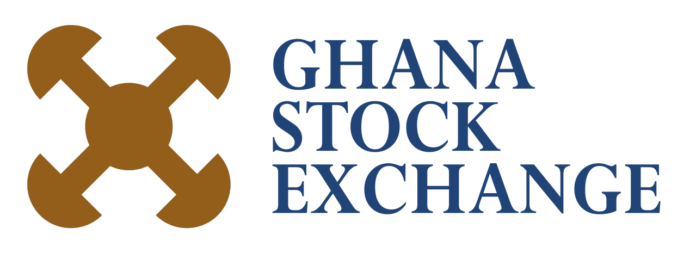The Ghana Stock Exchange wants regulators across all economic sectors to tie the issuance of new operating licenses or the renewal of old ones to companies listing on the stock exchange.
“Individual regulators can say, in the next five years, if I am going to give you a licence or renew your operating licence, I want to see you on the exchange. That is the ultimate of our advocacy,” CEO of GES, Kofi Yamoah, told the B&FT after making a presentation on the half year performance of the market.
He mentioned the Bank of Ghana (BoG) for the banking sector; National Insurance Commission (NIC) for insurers; Minerals Commission for the mining sector; National Petroleum Authority (NPA) for downstream petroleum sector; Petroleum Commission for the upstream petroleum sector; National Communications Authority (NCA) for the telecoms sector, among others, have the capacity to get the companies they regulate to list on the exchange.
These regulators, he said , can put it in a law that will push the companies to, within a certain period, become a publicly-owned. “As a country, we can put this in law,” he said.
He cited the imminent listing of telecom giant MTN as an example of regulatory action. Before issuing it a 4G licence, the National Communication Authority insisted that MTN offered 35% stake to the public – a process it has set in motion, with an IPO ending on Tuesday.
“MTN didnt want to open up to listing even though it agreed on the 35% of the company going public. So it wanted to become a public company but outside the market. It was advocacy and intervention of well meaning Ghanaians that changed their minds.
“The big corporations that are multinationals in the country have their parent companies listed in their home countries. It is not that listing is something they do not know of. Sometimes, it is simply because they do not want to open up,” he said.
Since establishment of the bourse over 25 years ago, it has less than 50 listed equities, less than half of which are actually actively traded – a situation some analysts blame for creating liquidity challenges and low investor confidence.
To encourage listing of corporate bonds, the GSE recently launched the Ghana Fixed INcome Market (GFIM) – which has seen the listing of government short and medium – to long term bonds, as well as corporate bonds and quasi government bonds such as ESLA bond.
The bourse also introduced the Ghana Alternative Market (GAX), which has more relaxed rules, to encourage the listing of Small and Medium Enterprises.
Cross-trading in the sub-region coming
Ekow Afedzie, Deputy Managing Director of GSE, told the B&FT that the exchange is hoping to commence this year, cross trading shares listed on the Nigerian Stock Exchange and the BRVM – the exchange serving eight West African French-speaking countries.
“What we have done is ensured that there is an initiative across West Africa to harmonise our various rules to integrate. So, the GSE, alongside the BRVM and NSE, wants to allow brokers to trade across West Africa. Currently, you cannot trade directly; you have to trade through another broker in that country,” he said.
The project, which started three years ago and has seen the harmonisation of all rules, is waiting for regulatory approval.
Half year market performance
The market saw a mixed performance across the various indicators due to lower oil production, slower growth in agriculture, as well as securities sell-offs by non-resident investors due to profit taking and a rise in US federal rates, and pressure on the cedi from a strong US dollar in the first half of the year.
The value of shares traded increased by 25.6% from Ghc364.05 million in 2017 to Ghc475.25 million, but the value of bills traded dropped by 23.1% from Ghc3.1 billion in the first half of 2017 to Ghc2.37 billion in the first half of 2018.
Also the GSE Composite Index gained 16.31% in 2017 while gains made in the first half of this year came at 11.62%.
The market’s total capitalisation dropped by 7.03% from Ghc59.46 billion in the first half of 2017 to Ghc55.28billion in the first half of 2018, but the domestic market capitalisation increased by 44.51% fro Ghc12.7 billion to Ghc18.02 billion.





